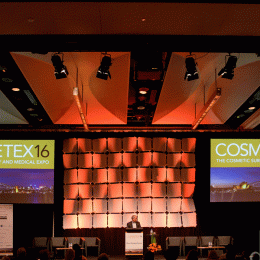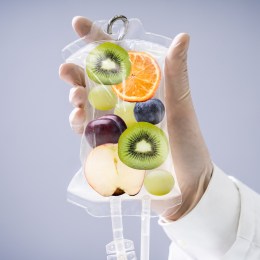There are now reports to suggest that women receiving surgery to remove their breast implants are on the rise, according to US-based ABC Action News.
Despite breast augmentation still being America’s most popular surgical aesthetic procedure, with over 300,000 performed in the US alone, the American Society of Plastic Surgeons reported that in 2008 there were 20,967 women that had their implants removed. The latest figure, an entire decade later, has increased by a huge 8,000 more.
Plastic surgeons are saying more and more women are coming to them for removal, with a multitude of symptoms that they consider to be adverse effects of their breast implants.
Dr. Dave Rankin of Aqua Plastic Surgery in Jupiter says of the growing numbers “It came as a shock to me being a plastic surgeon to see the amount of women coming to my practice with the multitude of symptoms and thinking it might be their breast implants.”
Dr. Rankin told reporters that he performed over 400 explants last year.
Although ‘breast implant illness’ is not recognised officially by doctors or the FDA, there is a global movement of sufferers worldwide that share a wide range of symptoms including headaches, rashes, fevers, fatigue, fogginess and joint pain. There are also countless cases of women whose symptoms vanished almost immediately after having their implants removed.
This coupled with global updates to manufacturer regulations around textured implants, including urgent TGA meetings in Australia and total bans across Canada and France, the spike in implant removal comes as no surprise to many.
“I was a skeptic at the beginning and then I became a believer,” said Dr Rankin. “The best candidate in my practice are patients that are very, very sick. They’ve tried everything else. They’ve been to a million different doctors, done hundreds of blood tests. Nothing comes back and this is, ‘Ok well let’s try (removing the implants)’ and fortunately, many of those patients do get better.”
“Additional research and study is absolutely necessary,” he says.
As of April this year, here in Australia the TGA wrote to manufacturers, formally requesting data on the implant supply in Australia, as well as physical samples. Suppliers had 10 working days to respond to the requests.
For more news and updates, subscribe to our weekly newsletter.




